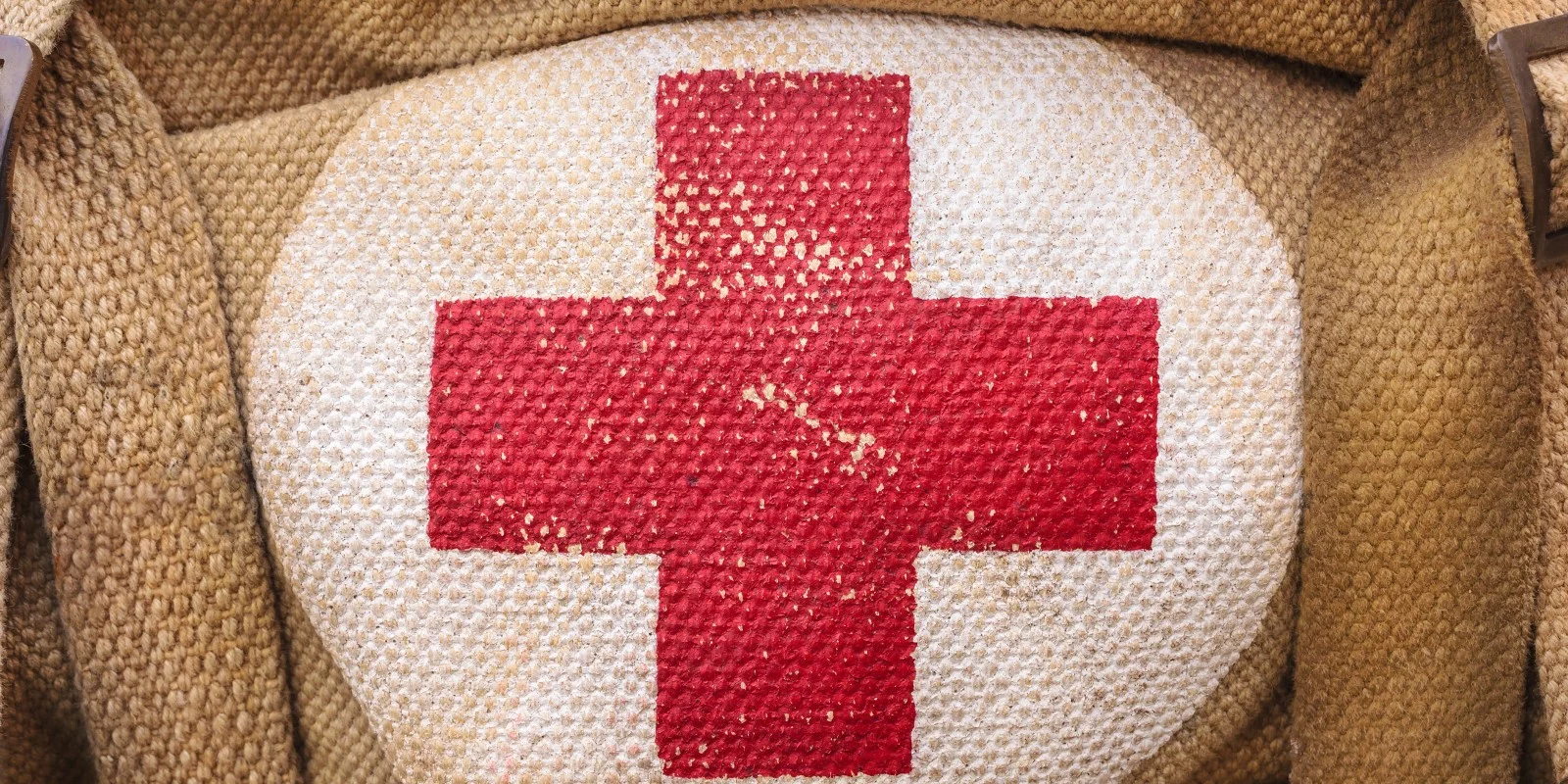
As an academic vascular surgeon I am acutely aware of physician well-being and burn-out. Compared with 13 other surgical specialties, vascular surgeons have the second highest rate of burnout, the lowest level of career satisfaction, and report the highest incidence of suicidal ideation. How do we solve the “public health crisis” of burnout that affects more than 50% of physicians? Regardless of your specialty, the answer remains elusive.
We signed up for meaningful work but have to combat regulatory compliance, system inefficiencies, and excessive record-keeping. We find that the pride and satisfaction derived from alleviating human pain and suffering is replaced with frustration, emotional exhaustion, and depersonalization. It is our professional duty to maintain personal resilience (“individual readiness” if you will), but it must be supported by cultural norms and permitted by clinical practice efficiency.
I will soon mobilize again with the US Army, leaving behind a 10-month-old infant, a handful of leadership roles, expectant patients, and perhaps unforeseen opportunity. I will burden my busy partners and my husband with additional work. My struggle for personal wellness and balance is real.
Despite all of this, I urge leaders to take note of what I think the Army does well in the field of wellness (and I would stress to every physician reading this that you are a leader):
1. Self-Care
The Army’s ‘Performance Triad’ is advertised diffusely and modeled effectively. Sound data supports the importance of nutrition, hydration, sleep, and exercise for general well-being and cognitive performance. The Army breathes and supports this Triad. Healthy and accessible (free or low-cost) food is available to all soldiers. Time for chow is built into each day. If our surgical team missed a meal, camp leadership delivered trays for us and we ate between casualties.
Lights out at 22:00. If we operated all night, training was cancelled the next day to permit rest. We participated in both team and personal PT (‘physical training’); there was ready access to on-sight exercise facilities.
Culture must support and demand individual and team readiness with the necessary resources.
2. Resiliency Training
Many of the emotional and social skills that augment resilience can be successfully coached. The U.S. Army Ready and Resilient Campaign (R2C) is a comprehensive plan to address the immediate and enduring needs of the Total Army. The campaign has instilled a cultural change by directly linking personal resilience to mission readiness and emphasizing the responsibility of people at all levels to build and maintain resilience. Various resilience modules are embedded into any given training schedule.
Culture and leadership must support the acquisition of (and model) skills like mindfulness-based stress reduction, compassion cultivation, and other core competencies of resilience (i.e.: self-awareness, self-regulation, optimism, mental agility, and strengths of character).
3. Peer Support
In the hospital, it is easy to feel isolated. Camaraderie falls secondary to our personal agenda for the day. Delinquent dictations trump a cup of coffee or lunch between cases with a friend/colleague. I race the clock every day, often without success, to lay eyes on my son and read him a story before bedtime, neglecting time with my husband thereafter to sign over-due notes or sleep. A patient hemorrhages on the table and dies — how do I process the feelings and sometimes guilt that ensues?
Deployment was equally hard, but different. My 3-year-old son refused to skype with me out of anger. Some days I cried with homesickness. Some moments were frightening. Not one person was “on point” every minute of every day, but the team was forgiving, always supportive. The team came together for every mission, every casualty, and functioned effectively. Importantly, I had my battle buddy, Heather. We had each other’s back; we held each other accountable. We were responsible for each other. None of us are alone. Everyone should have a battle buddy. Everyone should be kind.
Culture must support personal connections, compassion/kindness and peer support.
4. Leadership: COL. Cook commanded our base. He came to support our team nearly every time there was a casualty. He engaged our unit leadership and soldiers. He fully supported our mission — our meaningful work. Leaders shape climate, and variations in climate affect the bottom line — whatever that looks like to you. Importantly, a significant decrease in emotional exhaustion and depersonalization and a significant increase in overall satisfaction has been correlated with increasing composite leadership scores.
Leaders should be intentionally selected and then developed, prepared, and equipped for their leadership role. For all you leaders out there — recognize the unique talents and motivators of your people. Physicians that spend 20% of their effort focused on the dimension of work that they find most meaningful are at lower risk for burnout.
Culture must support effective leadership to promote individual and organizational health.
5. The EMR
There was none. I gratefully hand wrote a single trauma note for every casualty, an operative note for every case, and filled out a brief form for the military trauma registry. It took no more than 10 minutes, and the medics or nurses helped with this documentation when our team was overwhelmed. The necessary “record-keeping” got done without “hard stops,” antibiotic misuse threats, and re-directing mouse clicks… and it certainly wasn’t during “pajama time” after hours.
Culture must simplify the bureaucratic and administrative responsibilities currently thrust upon providers.
6. Mental Health Support
The Army has implemented “ACE” (Ask, Care and Escort) training to change the perspective of suicide. It empowers soldiers to care for themselves, ask for help, and help each other. This training program for suicide prevention and awareness recognizes risk factors and warning signs. Additionally, there is a readily available ‘suicide hotline’ for support.
Culture must support the mental health of our providers, not stigmatize it.
We are all in this together. We must take care of each other. We must demand and support a culture of wellness.
Dawn M. Coleman, MD is an Associate Professor of Surgery and Pediatrics & Communicable Disease at the University of Michigan where she serves as the Program Director for the Integrated Vascular Residency Program and Fellowship and a Lieutenant Colonel in the Army Reserve.
References:
Shanafelt and Noseworthy; Mayo Clinic Proceedings 2017
Adelman and Liebschutz; NEJM Catalyst 2017
Shanafelt et al; Mayo Clinic Proc 2015
Balch et al; Ann Surg 2011
Shanafelt et al; Ann Surg 2009






